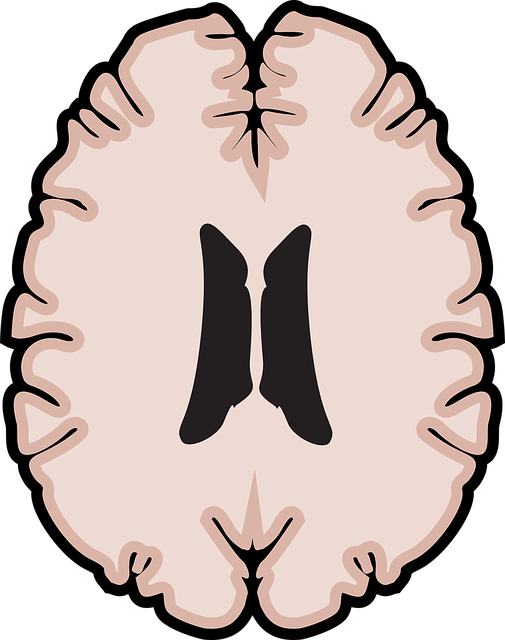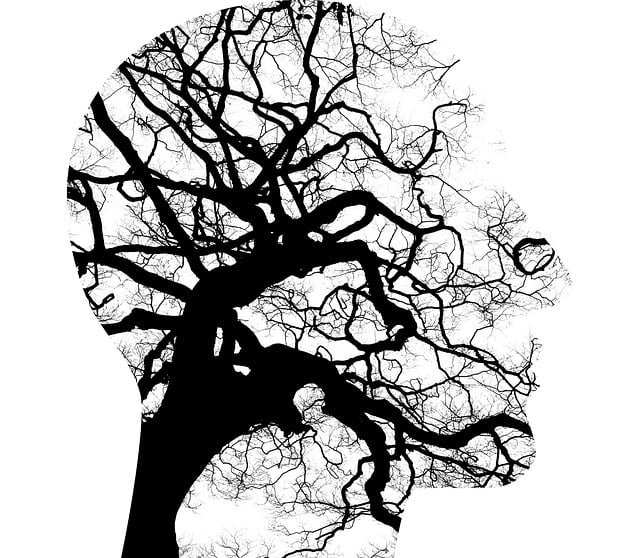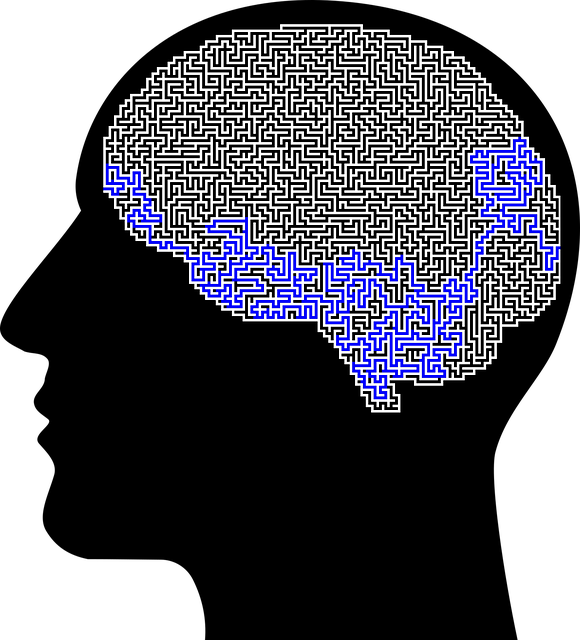Mental health advocacy initiatives, like Highlands Ranch Russian Speaking Therapy, are transforming communities by addressing unique cultural needs through awareness campaigns, stigma reduction, and early intervention. This specialized program offers tailored support for Russian-speaking individuals, preserving their cultural identity while teaching coping skills relevant to their communities. By empowering individuals with mental health literacy, these initiatives foster compassion, enhance community resilience, and ensure accessible resources for those facing mental challenges in Highlands Ranch and beyond. Evaluations show high client satisfaction and sustained improvements in self-care, stress management, and quality of life.
Mental health advocacy initiatives play a crucial role in fostering inclusive communities. This article explores diverse aspects of mental health support, from understanding advocacy’s core role in community initiatives to delving into specific strategies like cultural-sensitive therapy, such as the Highlands Ranch Russian Speaking Therapy program. We also examine education’s power in raising awareness and targeted interventions for at-risk groups. Additionally, it highlights successful evaluation methods to measure advocacy programs’ impact, offering valuable insights for effective mental health support.
- Understanding Mental Health Advocacy: The Role of Community Initiatives
- The Impact of Cultural Sensitivity in Therapy: A Focus on Highlands Ranch Russian Speaking Therapy
- Building Awareness: Education as a Powerful Tool for Mental Health Advocacy
- Supporting At-Risk Groups: Targeted Outreach and Intervention Strategies
- Measuring Success: Evaluating the Effectiveness of Mental Health Advocacy Programs
Understanding Mental Health Advocacy: The Role of Community Initiatives

Mental health advocacy initiatives play a crucial role in fostering a supportive community for individuals facing mental health challenges. In Highlands Ranch, Russian Speaking Therapy has emerged as a game-changer, offering specialized services to cater to the unique needs of the local Russian-speaking population. This community-driven approach recognizes that mental well-being is integral to overall health and requires collective effort.
By implementing advocacy initiatives, communities can raise awareness about mental health issues, reduce stigma, and promote early intervention. Compassion cultivation practices and emotional intelligence training are powerful tools within these initiatives. They empower individuals to recognize and manage stress, fostering a culture of care and understanding. These efforts create a network of support, ensuring that those struggling with their mental health receive the necessary guidance and resources, ultimately enhancing the overall resilience and well-being of the community.
The Impact of Cultural Sensitivity in Therapy: A Focus on Highlands Ranch Russian Speaking Therapy

In the realm of mental health advocacy, cultural sensitivity plays a pivotal role in ensuring effective therapy. Highlands Ranch Russian Speaking Therapy stands as a beacon of hope for the local community’s emotional healing processes. With a focus on understanding and addressing the unique needs of Russian-speaking individuals, this initiative bridges the gap between diverse cultural backgrounds and modern therapeutic practices. By incorporating coping skills development tailored to these specific communities, therapists foster an environment where clients feel seen, heard, and supported.
This specialized therapy isn’t just about overcoming language barriers; it’s about recognizing and honoring cultural nuances. It empowers individuals to navigate their emotional challenges while preserving their cultural identity. In a society where mental health awareness is growing, but disparities still exist, such initiatives are game-changers. They promote depression prevention by providing early interventions that resonate with diverse populations, ultimately enhancing the accessibility and effectiveness of care in Highlands Ranch and beyond.
Building Awareness: Education as a Powerful Tool for Mental Health Advocacy

Mental health advocacy initiatives often begin with building awareness through education. By implementing programs that focus on mental health literacy in schools, communities, and workplaces, we can foster an environment where discussions about mental well-being are normalized. This approach, tailored to diverse audiences like those in Highlands Ranch Russian Speaking Therapy, is crucial. Educating individuals about common mental health issues, signs of distress, and available support services empowers them to recognize struggles early on.
The power of education lies in its ability to challenge stigma and promote understanding. Using evidence-based Mind Over Matter principles, self-esteem improvement techniques, and emotional well-being promotion methods, these educational initiatives can equip people with the tools to manage their mental health effectively. Such efforts ensure that everyone has access to accurate information, fostering a society where mental illness is met with empathy and support rather than fear or judgment.
Supporting At-Risk Groups: Targeted Outreach and Intervention Strategies

In many communities, there is a growing recognition of the need to support at-risk groups, particularly those with limited access to mental health services. Initiatives in Highlands Ranch, like those offering Russian-speaking therapy, are making significant strides in this direction. These programs understand that reaching out to individuals from diverse backgrounds requires tailored strategies. By implementing targeted outreach and intervention techniques, they ensure that services meet the unique needs of each person. For instance, Russian-speaking therapists employ cultural sensitivity in their practice, providing a safe space for clients to discuss personal issues freely.
This approach not only facilitates better communication but also enhances the effectiveness of mood management and self-care practices. Additionally, these initiatives often include trauma support services, addressing a common issue among at-risk populations. Through such targeted interventions, mental health advocacy groups are revolutionizing care, making it more inclusive and accessible for all.
Measuring Success: Evaluating the Effectiveness of Mental Health Advocacy Programs

Evaluating the success of mental health advocacy programs is a crucial step in understanding their impact and identifying areas for improvement. Measuring effectiveness can be approached from various angles, ensuring that initiatives are achieving their intended goals. One key metric is participant satisfaction and feedback, providing valuable insights into the perceived benefits of the program. For example, at Highlands Ranch Russian Speaking Therapy, surveys post-program have shown high levels of client satisfaction, with many participants reporting improved self-esteem and better stress management skills through the advocacy initiatives offered.
Furthermore, tracking long-term outcomes can offer a more comprehensive view. Following up with individuals who have participated in mental health advocacy programs can reveal sustained improvements in their self-care routine development for better mental health. This includes reduced anxiety levels, enhanced coping strategies, and an overall improved quality of life. Such evaluations are essential in justifying the investment in these initiatives and ensuring that resources are allocated effectively to support the well-being of those seeking assistance.
Mental health advocacy initiatives, such as the Highlands Ranch Russian Speaking Therapy program, play a pivotal role in fostering inclusive support systems. By combining community engagement, cultural sensitivity, and targeted interventions, these efforts significantly contribute to improving mental wellness outcomes for diverse populations. Education serves as a powerful tool to dispel stigma and promote awareness, while focused outreach ensures that at-risk groups receive the necessary support. Continuous evaluation of advocacy programs is essential to gauge their impact and make data-driven improvements, ultimately enhancing the overall effectiveness of mental health care.













